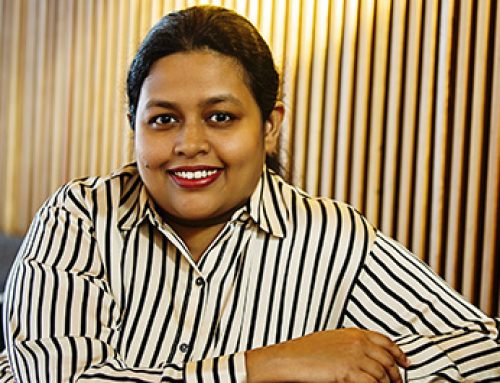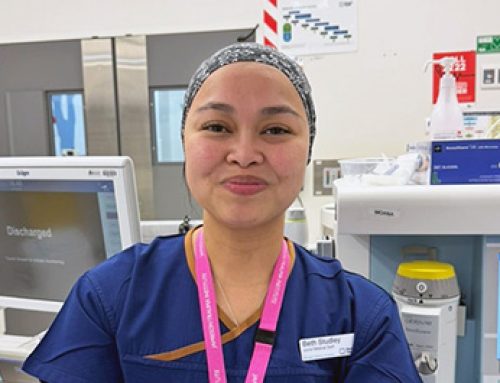Researcher Spotlight: Wendell Cockshaw

Q&A with Dr Wendell Cockshaw, AusHSI Senior Research Fellow – Statistics
Q: What expertise do you bring to AusHSI?
A: I have expertise in multidisciplinary healthcare research, health service evaluation, digital health, and statistical analyses. My background includes degrees in Psychology and Electronic Engineering, a PhD in Psychology, and experience at several Health Research Institutes. The digital transformation of healthcare allows me to draw on this multidisciplinary experience to find solutions to major public health challenges. My specific research interests include psychometric measurement and structural equation modelling.
Q: Why is health services research important?
A: The point of service delivery is where research knowledge can make real positive change in people’s lives. We now know a great deal about the causes and treatment of common illnesses, yet the prevalence of chronic illnesses, especially those largely attributable to lifestyle factors, is increasing. There is a need for health service transformation to move from a focus on the treatment of acute symptoms to include the prevention and management of chronic conditions. We very often know what needs to be done, but not how to do it in real world health care systems. Health services research focuses on translating research into practice.
Q: What does health services innovation mean to you?
A: Getting there from here.
The major health challenges are well-known. The list includes mental health (particularly anxiety and depression), cardio-vascular disease, lung disease, and diabetes. There are promising new approaches on the horizon such as personalised medicine and digital health. The precision and scalability of digital medicine may allow broad-based early interventions to meet the ever-increasing demands for healthcare in an aging population, ultimately allowing people to enjoy healthier and happier lives. Health services research acknowledges that these innovations must be implemented in practical ways that fit healthcare provider and consumer needs.
Q: What has been a highlight of your career so far?
A: One highlight has been involvement in the evolution of digital health. I have been involved in randomised controlled trials of mobile apps addressing a range of mental health conditions. I also have links with researchers internationally who are developing AI solutions for mental health symptom measurement and treatment.
Q: What inspires you most in your research?
A: People power. Medicine is great at treating acute illness, but prevention and management of chronic illness is about lifestyle. This means that we can all help others by creating an environment where people feel accepted, respected, included and supported.
Q: What do you see as the main challenges facing Australia’s health system?
A: The healthcare system has evolved to remediate sickness. In this it has succeeded. The challenge now is to promote wellness.







